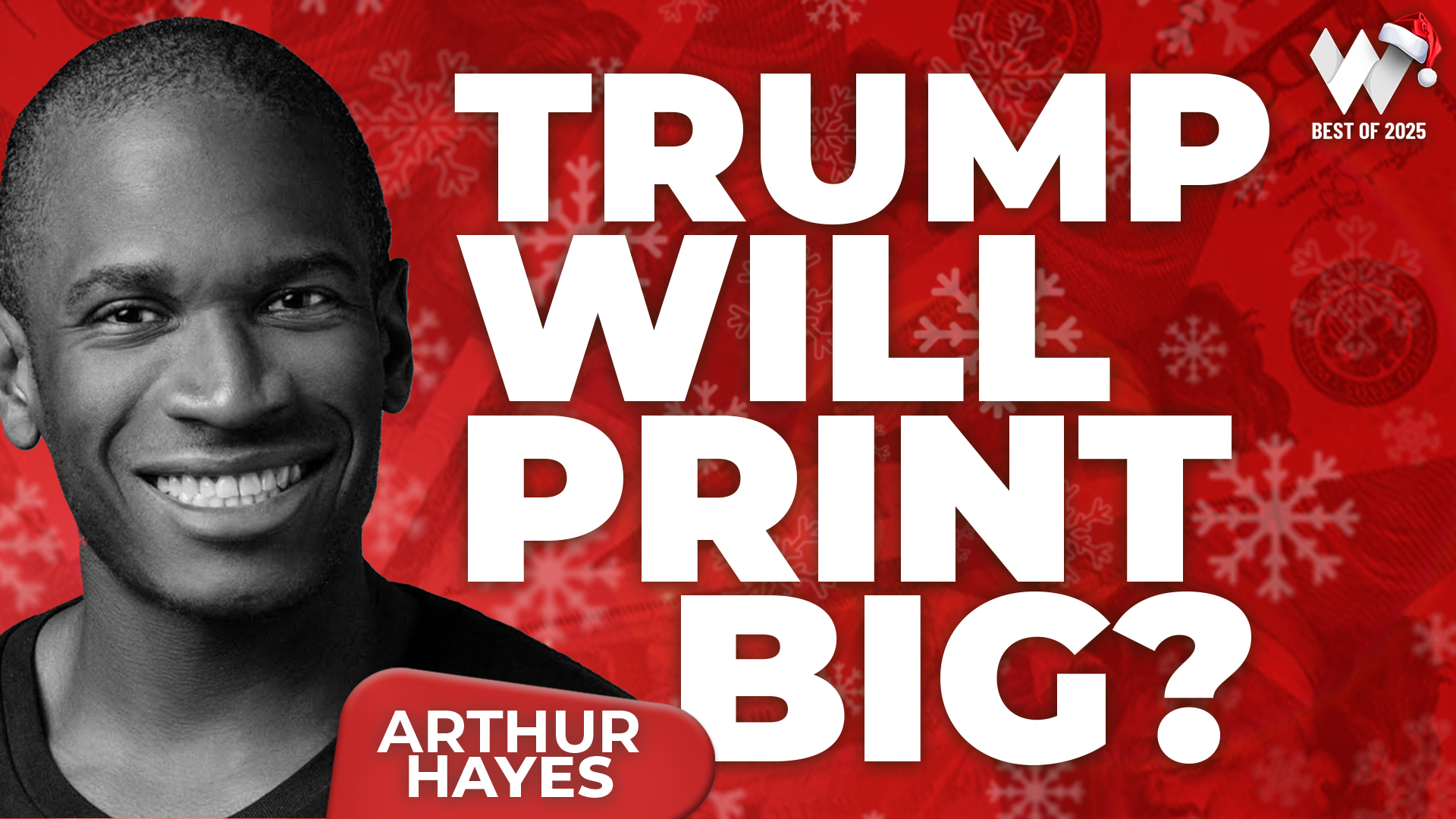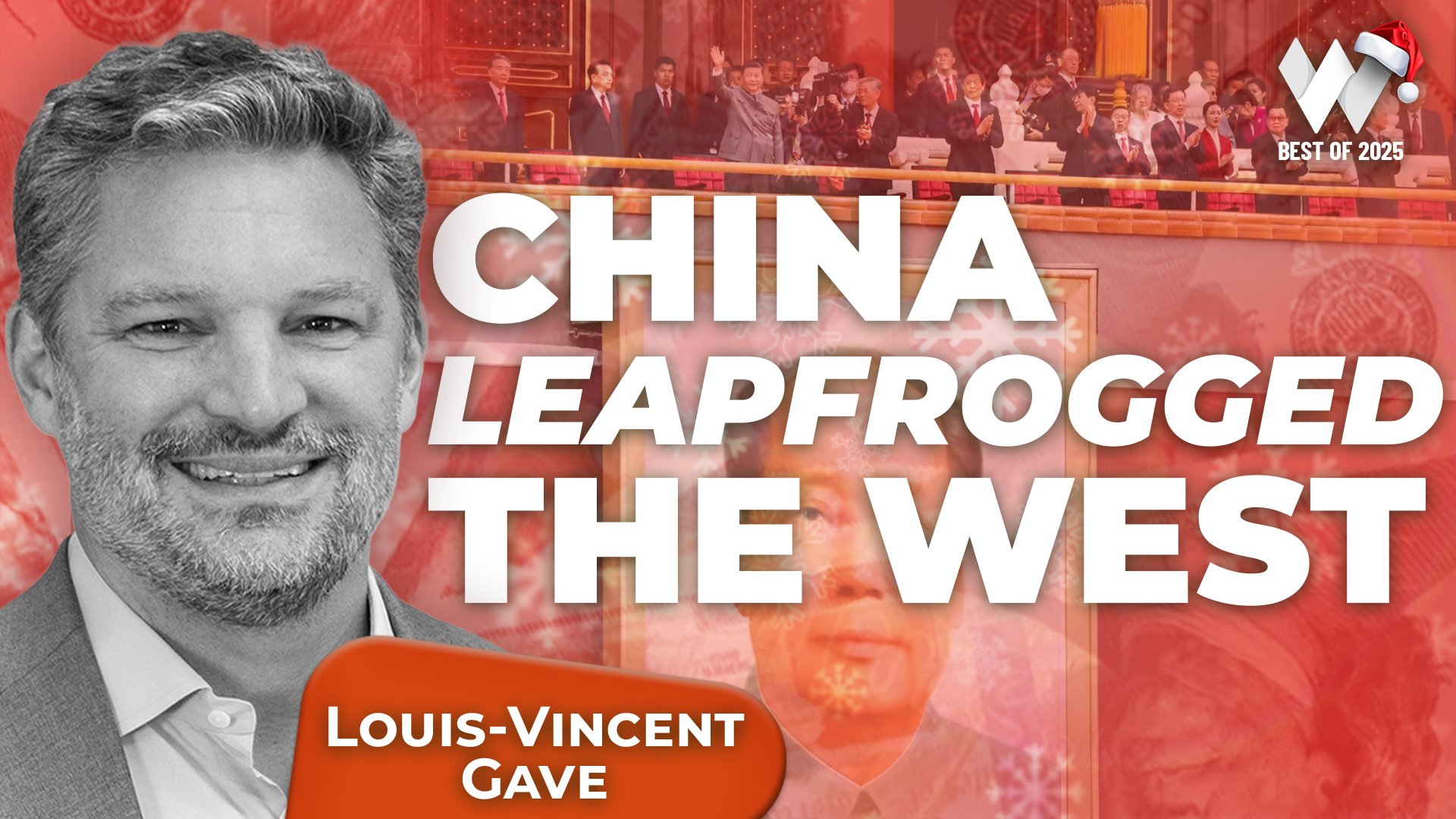The U.S. Energy Department announced (Monday) it was awarding $2.7 billion in orders to three compan...
Join Our Newsletter List
Never miss the latest strategies for protecting and growing your wealth.
Join our mailing list.
Actionable Insights From The Top Money Experts
We bring you the insights of the world’s top money experts and then connect you with like-minded, independent, trustworthy professional financials.
The capture of Nicolás Maduro by U.S. forces on January 3, 2026, has sent shockwaves through global ...







.jpg)
.jpg)
.jpg)


